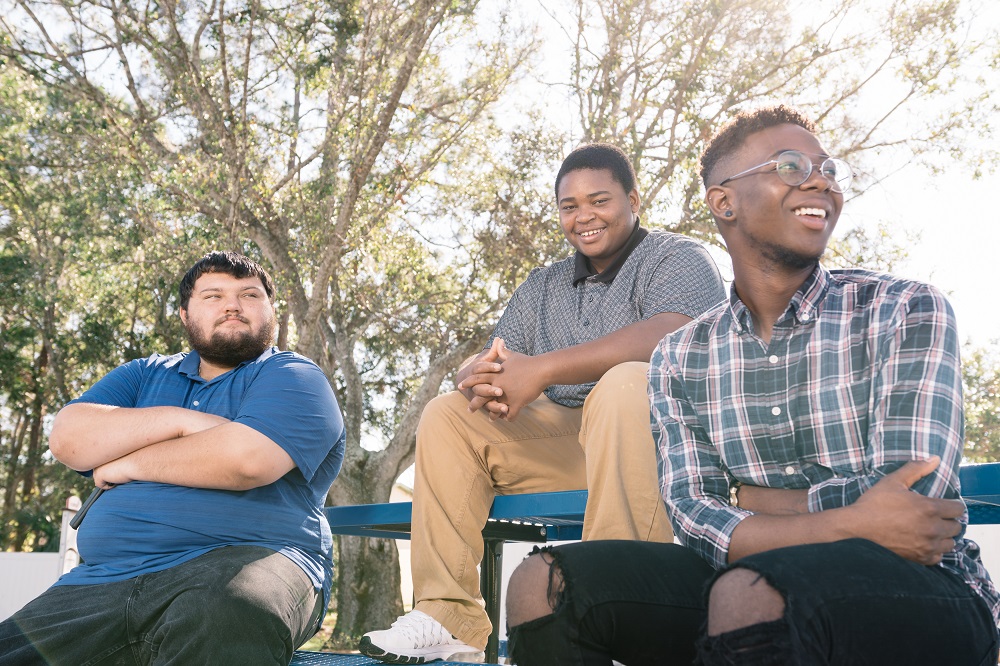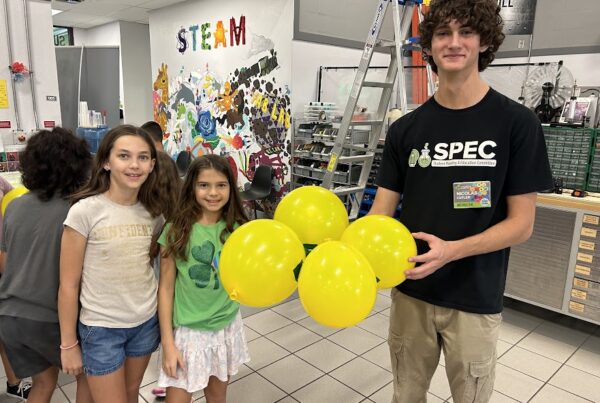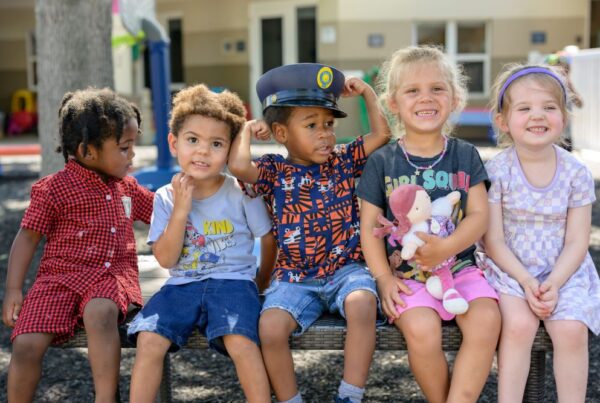Since the pandemic began, children have become no strangers to Zoom meetings. But for one foster child living in the Suncoast region, this call was different. A 12th Judicial Circuit judge was about to decide her fate in a court proceeding.
Teresa had lived with her father up until he passed away from a sudden heart attack a few years prior. She was put under the care of her estranged mother, who refused to let her attend the funeral just a few miles away. Teresa never had a chance to say goodbye.
But that was just the first warning sign of many things to come. It wasn’t long before her mother’s neglect and growing drug problem brought the attention of law enforcement. Teresa was removed from her home by the Florida Department of Children and Families at the age of 14 and spent the next two years alone in foster care.
During that time, her mother had completed her case and treatment plan through drug and family court, and now she was looking to regain custody. But Teresa was desperate not to return to a house where she felt unloved and unsafe. She appealed to the court system to be put under the legal protection of her paternal grandmother.
This narrative is not unusual. Every year, tens of thousands of children in Florida are removed from their homes because of abuse or neglect and are plunged into lengthy legal battles. The process can be emotionally wrenching for all involved. But in this case, Teresa’s story was different from others.
In the foster care system, the child is the only party not entitled to an attorney. Too often, like with any legal proceeding, the costs to retain a lawyer are almost always prohibitive for foster children or their families. Many are left to juggle complex legal nightmares by themselves with little understanding of what is happening to them.
Yet evidence shows that kids with lawyers are less likely to be moved around from home to home and more likely to be placed in permanent homes sooner. They’re also less likely to have their cases closed without a resolution.
This was the case for Teresa—she was not alone in that digital courtroom.
Teresa benefitted from a local program by Legal Aid of Manasota for foster children in the 12th Judicial Circuit, which includes Sarasota, Manatee, and DeSoto counties. Dubbed the “Legal Lifeline for Youth” program, the effort was launched in 2019 to pair dedicated foster care attorneys with children in dependency court proceedings, ensure judges have information to make decisions, engage in conflict resolution, and coordinate placement and transition plans which are the least disruptive to the child.
“For many foster children, the goal is simply to live a normal life. However, the system can work against them,” says Linda Harradine, Executive Director of Legal Aid of Manasota. “That’s why it’s important to have advocates in their corner who will fight for their interests.”
Teresa’s outcome was a positive one. Her voice was heard and she was allowed to move under the care of her grandmother.
The program has since assisted other local foster children in situations that are as basic as helping them get a driver’s license or change their name to more complex cases like emancipation or getting them mental health support. More than 75 children have been assisted so far, at no cost to them.
“This is where having attorneys who spend 100 percent of their time helping foster care cases can become so beneficial,” says Harradine. “They have the time and resources to really serve as both attorney and case manager.”
These efforts were made possible thanks to philanthropic support from Charles & Margery Barancik Foundation, which awarded Legal Aid a $540,000 grant to start the program. The collaboration has been working closely with representatives in Dependency Court, Independent Living Court, Guardian Ad Litem Program, DCF, and Safe Children Coalition to identify areas of need, establish referral procedures, and respond to questions.
While children currently in the system have been the organization’s top priority, the nonprofit is now looking to work to systematically prevent removals when appropriate. On the horizon, they seek to participate in the 12th Judicial Circuit Interagency Team, which actively reviews cases to prevent removals and ensure families access services. The organization believes it can help prevent traumatic and unnecessary removals, protect due process rights of the parents and children, and keep families intact.
A new part of their process is to endeavor to have every youth screened for mental health issues at the onset of their work with each child. They are finding high rates of untreated trauma, undiagnosed low-cognitive functioning, and fetal exposure to substances. The organization works with local providers in the region to ensure these needs are taken care of.
“An attorney getting involved early on during a dependency petition can change the entire course of a child’s life,” says Harradine.




